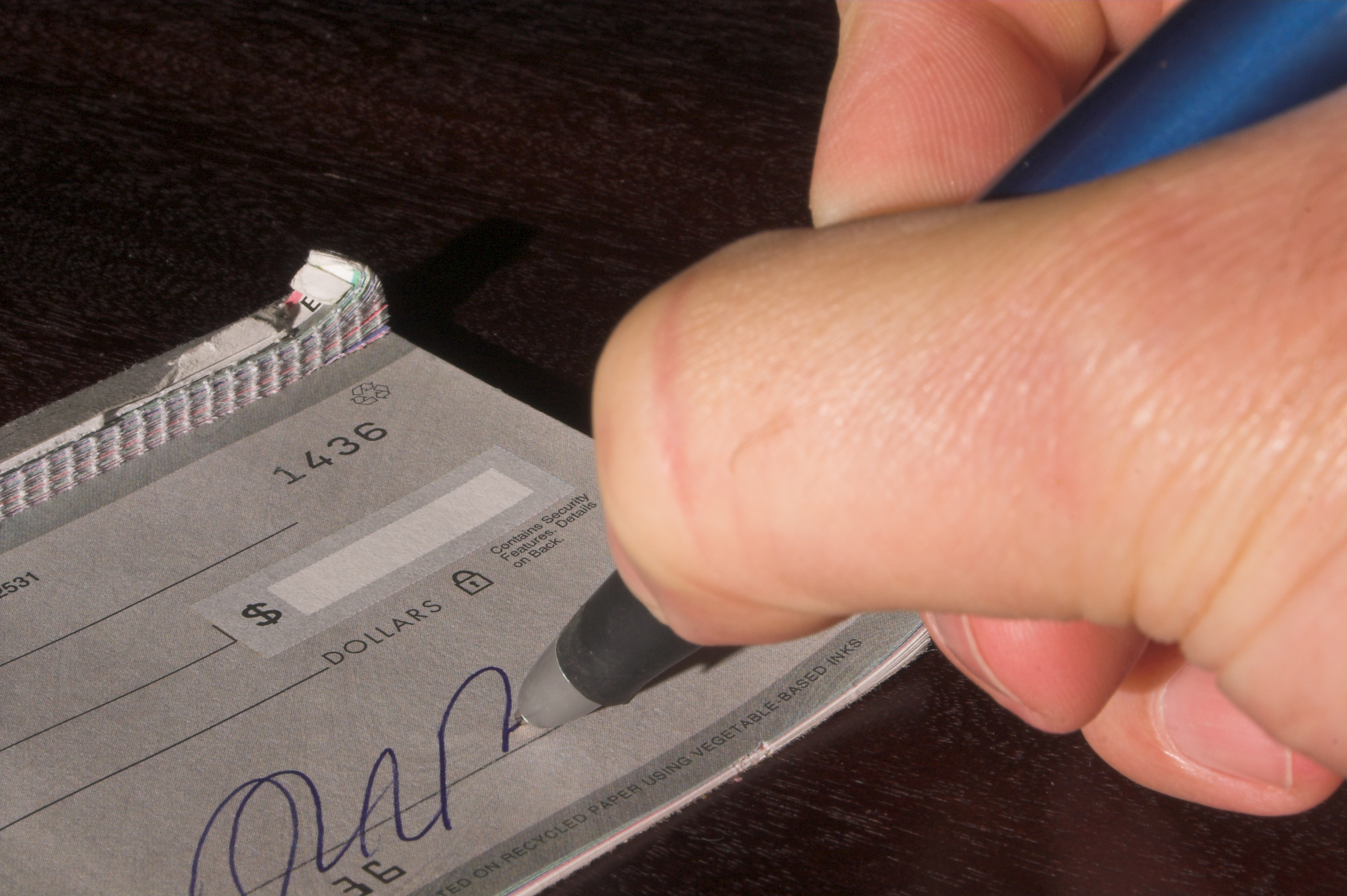
Category: Commercial Litigation & Business Disputes
Resolving Corporate Deadlock and Mismanagement: Receiverships (Part II)
February 20, 2017
How to (Legally) Resolve Corporate Deadlock and Mismanagement: Dissolution and Liquidation (Part I)
February 1, 2017
Chapter 727 ABC Proceeding — Lawyer Justin Carlin Prevails on Behalf of Creditor in Case of First Impression
August 31, 2016Earlier this month, the Fourth District Court of Appeal issued an opinion in Pro Finish, Inc. v. Estate of All American Trailer Manufacturers, Inc., — So. 3d —-,2016 WL 4132721 (Fla. 4th DCA 2016). Fort Lauderdale business lawyer Justin Carlin represented the appellant after handling the case at the trial level. The decision is important, because there is little case law on Chapter 727 assignment-for-the-benefit of creditors proceedings (so-called “ABCs”), and the proceedings have been widely used by debtors who don’t qualify for bankruptcy but who seek to evade creditors’ claims.
The opinion issued in the case can be found here. Here’s a portion of the Court’s ruling, which, for the first time in Florida, makes clear that the provisions of Chapter 727 are to be strictly construed and that the failure to adhere to those provisions renders the assignment void:
Chapter 727 “provide[s] a uniform procedure for the administration of insolvent estates, and . . . ensure[s] full reporting to creditors and equal distribution of assets according to priorities as established under [chapter 727].” § 727.101, Fla. Stat. (2013). Section 727.104(1), Florida Statutes, provides the form of the assignment and requires compliance with it. § 727.104(1), Fla. Stat. (2013); see Smith v. Effective Teleservices, Inc., 133 So. 3d 1048, 1050–51 (Fla. 4th DCA 2014). The June 11, 2013 Assignment did substantially follow the required form. “Section 727.104 . . . [also] requires the assignee to record the assignment in the public records as well as to file a petition and bond in the circuit court.” Moecker v. Antoine, 845 So. 2d 904, 910–11 (Fla. 1st DCA 2003). Subsection (2) requires that this be done within ten days after delivery of the assignment to the assignee. § 727.104(2), Fla. Stat.
Here, the record lacks evidence as to when the June 11, 2013 Assignment was recorded. The only record evidence of the June 11, 2013 Assignment is a copy attached to the ABC Proceeding petition. It does not indicate whether or when it was recorded. But, the creditor also argues the assignee failed to file the ABC Proceeding petition within the section 727.104(2) time limits. The creditor suggests the failure to timely petition the trial court for the ABC Proceeding “is in direct contravention of Chapter 727 and violates public policy, which favors the expedient payment of just debts to creditors and prompt notice to creditors of an assignment of the debtor’s assets.” We agree and reverse.
“There is little case law addressing chapter 727, and none addresses the issues presented here.” Lanier, 898 So. 2d at 144. However, “the provisions of an assignment which are inconsistent with the applicable statute are void, and the assignment as a whole is void where it fails to comply with such a statute, or is against public policy.” 21 C.J.S. Creditor and Debtor § 9 (footnotes omitted). Here, the assignee failed to file the petition in the circuit court within ten days of delivery of the assignment. The assignee petitioned for the ABC Proceeding on November 26, 2013, and signed the acceptance of the June 11, 2013 Assignment on July 15, 2013. Although the June 11, 2013 Assignment met the section 727.104(1) form requirements, the untimely filing invalidated the ABC Proceeding under section 727.104(2).
If you’re in need of a Fort Lauderdale business lawyer to assist you with a complex business litigation matter or appeal, call (954) 440-0901 or e-mail [email protected].
Top 5 Ways to Avoid Business Litigation
December 1, 2015By: Justin C. Carlin
As a business litigator who depends on business litigation cases to sustain my business law practice, it may seem strange that I would write a blog post about how to avoid litigation. But my goal as a business attorney is to provide valuable services to people, so I’ve always made it a practice to assist my clients with avoiding litigation, even though I am a litigator. Here below are my top five strategies for avoiding business litigation in South Florida: READ MORE
Florida’s Worthless Check Statute Allows for Triple Damages
November 24, 2015By: Justin C. Carlin
Businesses who do not require advanced payment for services frequently find themselves without any kind of payment for their services. In more unusual circumstances,

they encounter a client or customer who tenders a worthless check for services performed or, in an effort to defraud the business, stops payment on a check after services are performed. As infuriating as it may be to not get paid and have to pay bank service charges because of a non-paying client, Florida Statutes Section 68.065 (known as Florida’s Worthless Check Statute) provides a remedy for businesses or individuals who are the recipients of bad checks, drafts or orders of payment. It reads: READ MORE
Law Student Loses Contract Lawsuit against Criminal Attorney
January 7, 2015By: Justin C. Carlin
Applying Florida law, the Eleventh Circuit Court of Appeals recently issued a decision (Kolodziej v. Mason, — F.3d —, 2014 WL 7180962) involving a fundamental question of contract law on somewhat interesting facts. A Texas criminal attorney (James Mason) handling a high-profile murder case asserted that it was impossible for his client to have committed certain murders in accordance with the prosecution’s suggested timeline. Specifically, he argued that his client would have had to get off a flight in Atlanta and travel to a La Quinta Hotel (several miles away) in only 28 minutes. Thus, Mason challenged the prosecution to prove that somebody could make that route and that he’d “pay them $1 million if they [could] do it.” Mason’s remarks were later featured in a television program on NBC, as follows: “I challenge anybody to show me—I’ll pay them $1 million if they can’t do it.”



